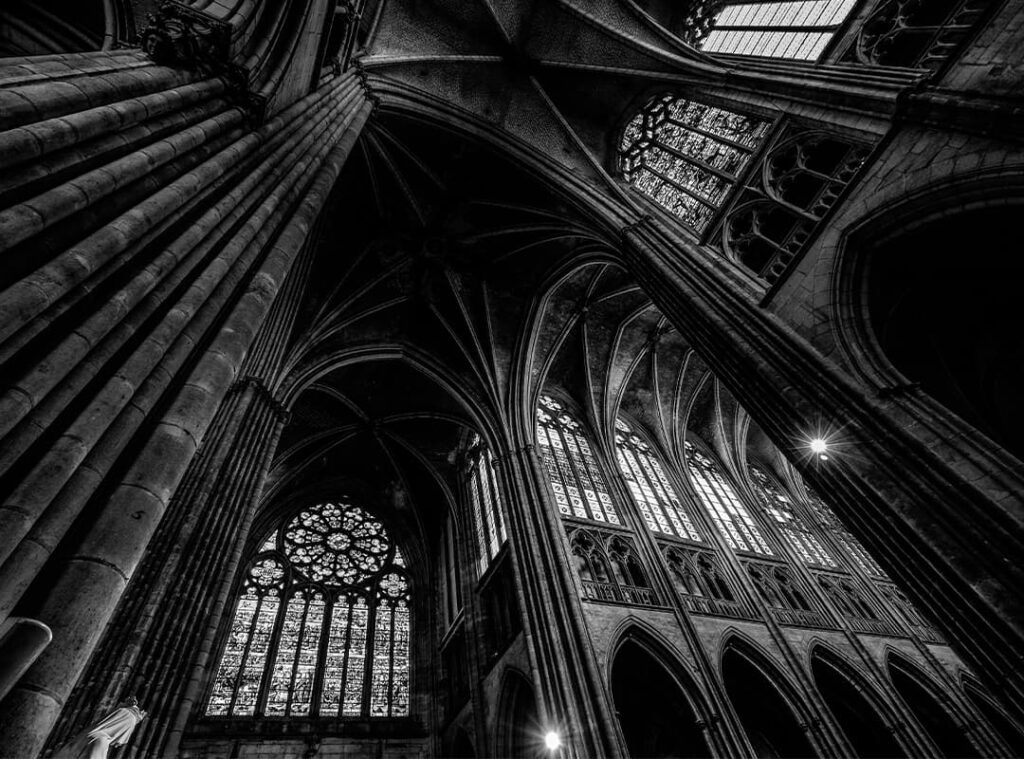In moments of global crisis, history often reveals great individuals who rise to confront the challenges of their time. During the height of the Cold War, figures like Ronald Reagan, Margaret Thatcher, and Pope John Paul II played pivotal roles in countering Soviet imperialism. Today, as we face a new era of threats, such courageous voices continue to emerge.
One such figure is Dutch politician Geert Wilders. Known for his outspoken criticism of Islamism and the West’s acquiescence to it, Wilders has become a controversial but significant voice in the ongoing debate over Islam and Western values. His short film, Fitna, is a stark examination of radical Islam and its foundations in Islamic texts and teachings.
Despite his efforts to shed light on these issues, Wilders has faced intense opposition. Recently, a Dutch court ordered his prosecution for “hate speech,” accusing him of insulting Muslims and undermining their religious esteem. This legal action against Wilders highlights a broader trend of Western societies grappling with conflicting values and political correctness.
In his speeches, Wilders articulates a troubling vision of Europe’s transformation under the influence of Islamism. He describes a continent where Muslim-majority neighborhoods are expanding, and traditional European values are increasingly sidelined. In his view, European cities are witnessing a shift towards Muslim-dominated areas with significant cultural and societal implications. He points to various examples, such as changes in school curriculums and public policies influenced by Muslim communities, and describes how these changes are affecting the cultural and social fabric of Europe.
Wilders’ observations extend beyond Europe, touching on the broader implications of these trends for the West. He argues that Israel is merely the frontline in a larger conflict against Western values and freedoms, suggesting that the jihadist threat is not limited to the Middle East but is a global issue that affects all Western societies.
In his call to action, Wilders emphasizes the need for a new paradigm to defend Western freedoms and cultural identity. He echoes Abraham Lincoln’s sentiment that in times of crisis, new thinking and actions are required to address unprecedented challenges.
Support for Wilders’ perspective comes from various commentators. Melanie Phillips, writing in The Spectator, argues that the prosecution of Wilders represents a critical moment for Europe, challenging the continent to defend free speech and resist Islamist encroachments. She warns that the current legal actions against Wilders could signal a troubling shift towards censorship and appeasement.
Similarly, Janet Albrechtsen of The Australian criticizes the Netherlands for confusing tolerance with suppression of free expression. She contends that the prosecution of Wilders for his film, Fitna, is a misuse of legal standards meant to stifle dissenting views and protect the status quo rather than foster genuine dialogue.
Albrechtsen’s reflections serve as a cautionary note for other Western democracies, including Australia, which is experiencing its own challenges related to freedom of expression and religious freedoms. With increasing pressures on free speech and religious practices, the need for vigilance and strong defense of fundamental liberties is more crucial than ever.
In summary, the West’s struggle to reconcile its values with the rise of radical ideologies underscores a pivotal moment in its history. As societies grapple with these challenges, the actions and voices of individuals like Geert Wilders become crucial in shaping the future discourse on freedom, tolerance, and cultural identity.
